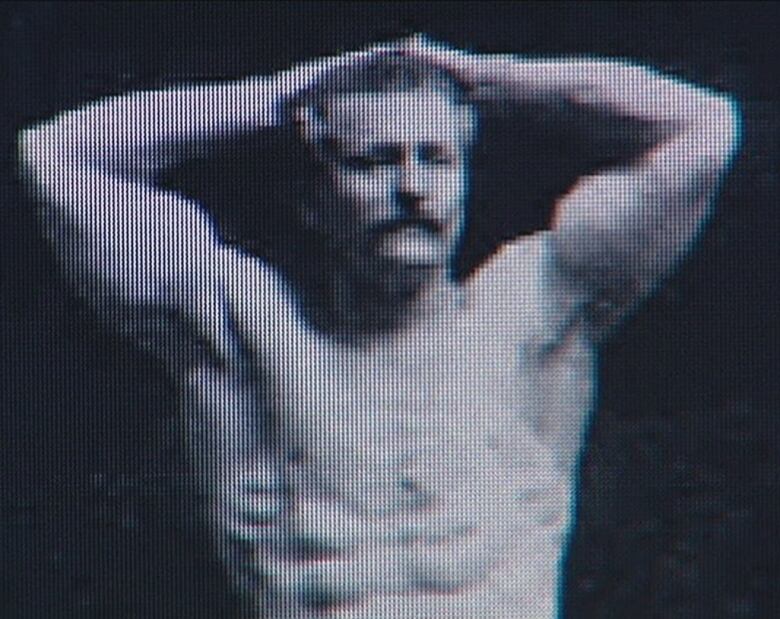'A small victory': LGBTQ Canadians 'purged' from military and public service await apology

Prime Minister Trudeau is set to make a historic apology Tuesday, addressing men and women of the Canadian military and civil service who were fired from their jobs and had their lives ruined because of their sexual orientation.
On November 28, the Government will offer a formal apology to LGBTQ2 Canadians in the House - for the persecution & injustices they have suffered, and to advance together on the path to equality & inclusion.
—@JustinTrudeauFrom 1950 to 1992, thousands of LGBTQ personnel across the civil service including Canadians in the military and RCMP were grilled by special investigation units, hooked up to polygraph machines and ultimately discharged from service — deemed a threat to national security.
My life was over as far as I knew it.- Frank Simpson, former navy steward
Martine Roy worked as a medical assistant in the military until 1984 and says she was "discharged for being a sexual deviant which was a homosexual."
After waiting 33 years for an apology, Roy says she never expected to hear one.
"For me, this apology will help not just me, it will help ... the whole Canadian society because it's a very dark era of our history. And I think that's why it's so important we talk about it, we say it happened," she tells The Current's Friday host Susan Ormiston.
"It is for me a very historic moment ... it's time for Canada to show its real colours."
It's a small victory for all of us who were purged.- Frank Simpson served in Canadian navy until 1978.
For Frank Simpson, who served as a navy steward until 1978, the expected apology feels like "it's a small victory for all of us who were purged."

Simpson remembers the devastating moment he was given an honourable discharge.
"The day that I got out, I immediately went downtown ... I looked for the tallest building I could find. I went to the top," he tells Ormiston but says he couldn't get to the outside.
"I was ready to jump. My life was over as far as I knew it," Simpson says.
When he went home, Simpson fell into a deep depression.
While an apology doesn't close the door on this dark chapter of this life, he says it does help ease the pain.
"There's a bit of peace of mind that the government has finally realized that they were in the wrong."
An apology for historical wrongs
It's not just former Canadian government workers and military personnel who wait anxiously for Tuesday's apology.
Author Gary Kinsman, who's a member of the We Demand An Apology Network, wants Trudeau's apology to also include historical wrongs committed by the Canadian government against LGBTQ people.

"It's really crucial that the apology on Tuesday ... include a really clear commitment to the expungement of criminal convictions both before 1969 and after."
'Fruit machine' tests gayness
As part of the decades-long governmental campaign to discharge LGBTQ staff from the Canadian military and public service, a test referred to as the 'fruit machine,' was used by officials to "detect" gayness.
The test subjected people to suggestive images and pupil response were measured.

An 'incredibly flawed' system, says Sarah Fodey, documentary filmmaker behind TVO's The Fruit Machine.
Fodey explains the archaic device in further detail:
This segment was produced by The Current's Ines Colabrese, Samira Mohyeddin and Yamri Taddese.